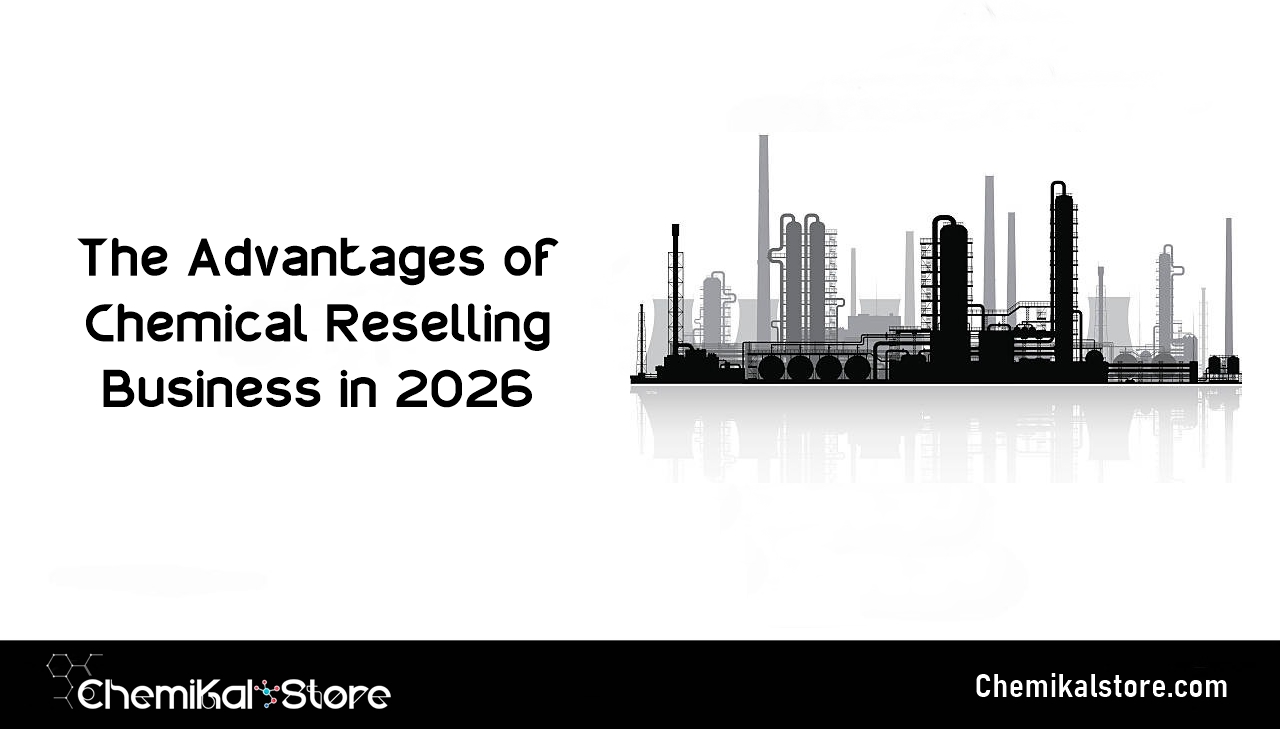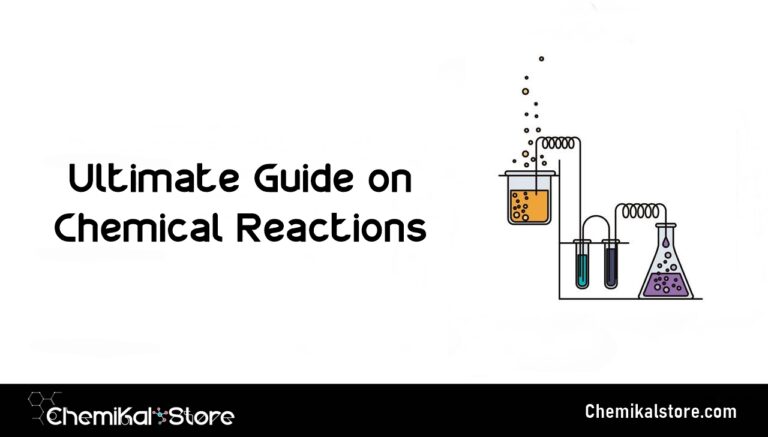-
The chemical reselling business is poised for significant growth and transformation in 2026. As global industries demand more specialized chemicals and streamlined supply chains, resellers play a crucial role in connecting manufacturers with end-users. This article explores the key advantages of entering or expanding a chemical reselling business in 2026.
-
: Chemicals are essential in sectors like pharmaceuticals, agriculture, construction, food processing, and electronics.
-
: Rapid industrialization in Asia-Pacific, Africa, and the Middle East is driving demand for both specialty and bulk chemicals1.
-
: Innovations in green chemistry, advanced materials, and electronics are creating new market segments for resellers1.
Industry Chemical Types Needed Growth Drivers Pharmaceuticals APIs, solvents, reagents Healthcare expansion, R&D Agriculture Fertilizers, pesticides Food security, population growth Construction Polymers, adhesives Urbanization, infrastructure Electronics Specialty chemicals Tech innovation, 5G, IoT Food Processing Preservatives, additives Convenience foods, safety -
Logistics and Supply Chain Solutions: Resellers offer reliable transport, storage, and inventory management, reducing complexity for both suppliers and customers21.
-
: Many resellers provide regulatory guidance, product formulation advice, and after-sales support, adding value beyond simple distribution3.
-
: Ability to supply chemicals in various grades, packaging, and quantities tailored to customer requirements.
-
: Resellers can operate without the heavy capital expenditure required for chemical manufacturing plants.
-
: Buying in bulk allows for lower unit costs, better supplier terms, and improved profit margins4.
-
: Resellers often provide favorable payment terms to customers, supporting cash flow and fostering loyalty3.
-
: Chemical sales are often repeat purchases, leading to stable, predictable income streams5.
-
: Resellers maintain safety stocks, ensuring steady supply even during manufacturer disruptions or global crises3.
-
: Navigating global and local compliance is complex; resellers help customers meet safety and environmental standards3.
-
: By working with multiple manufacturers, resellers reduce dependency on any single source, enhancing supply chain resilience2.
-
: Adoption of e-commerce and digital procurement platforms streamlines transactions, expands reach, and improves customer service1.
-
: Advanced inventory management, order processing, and logistics optimization increase efficiency and reduce operational costs26.
-
Access to fast-growing and diverse markets
-
Value-added services (technical, regulatory, logistics)
-
Lower operational and financial risk compared to manufacturing
-
Enhanced supply chain resilience and flexibility
-
Opportunities for recurring revenue and business scaling
-
Adoption of digital tools for competitive advantage
Factor Direct from Manufacturer Through Reseller Minimum Order Size High Flexible Product Range Limited (single brand) Wide (multiple brands) Technical Support Manufacturer-specific Multi-product expertise Logistics Manufacturer-managed Streamlined, flexible Credit Terms Limited More flexible Regulatory Assistance Varies Comprehensive The chemical reselling business in 2026 offers significant advantages, from market expansion and value-added services to operational flexibility and supply chain resilience. By leveraging technology, diverse supplier relationships, and deep industry expertise, resellers are well-positioned to thrive in the evolving global chemical market.
-


